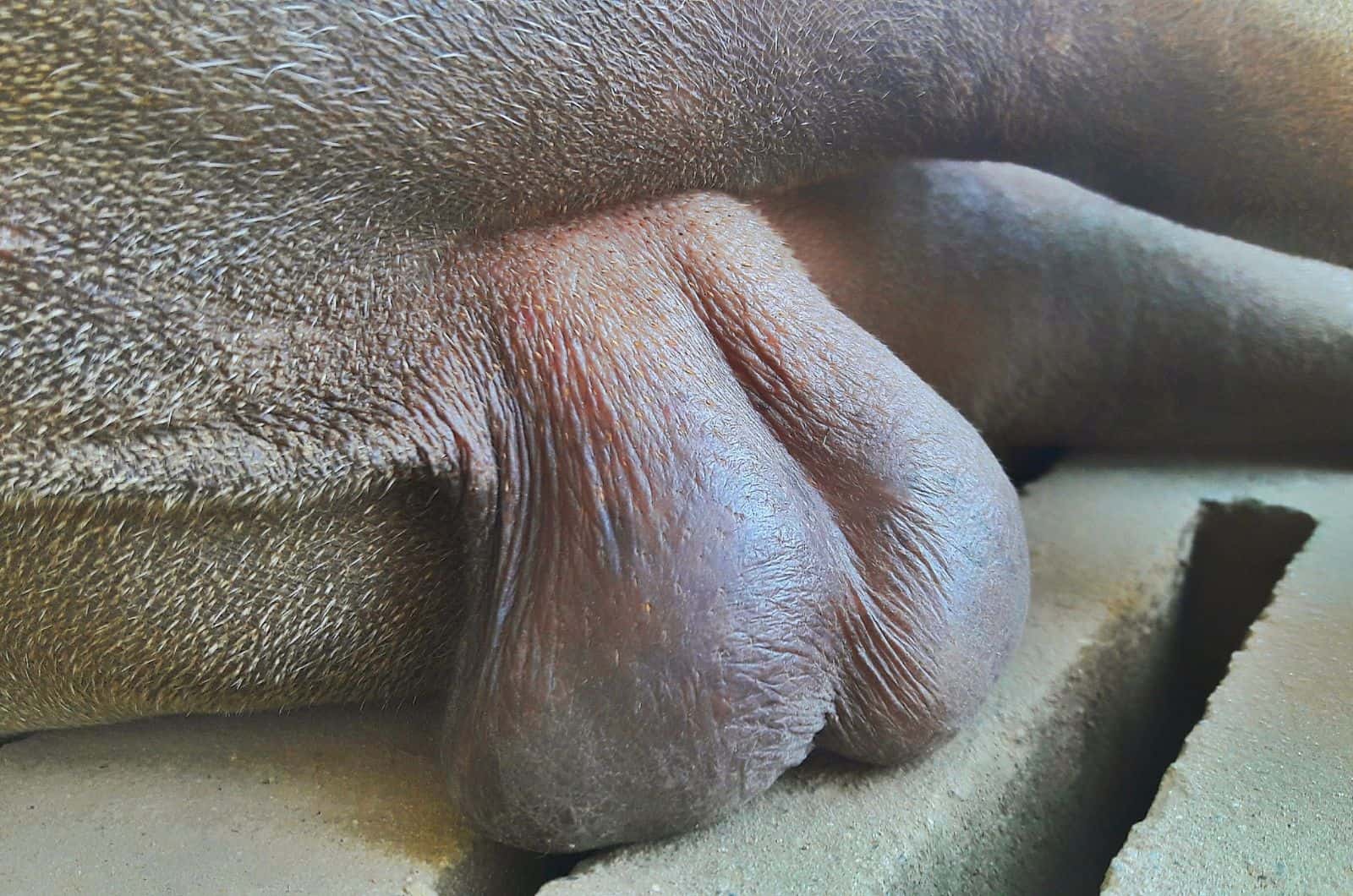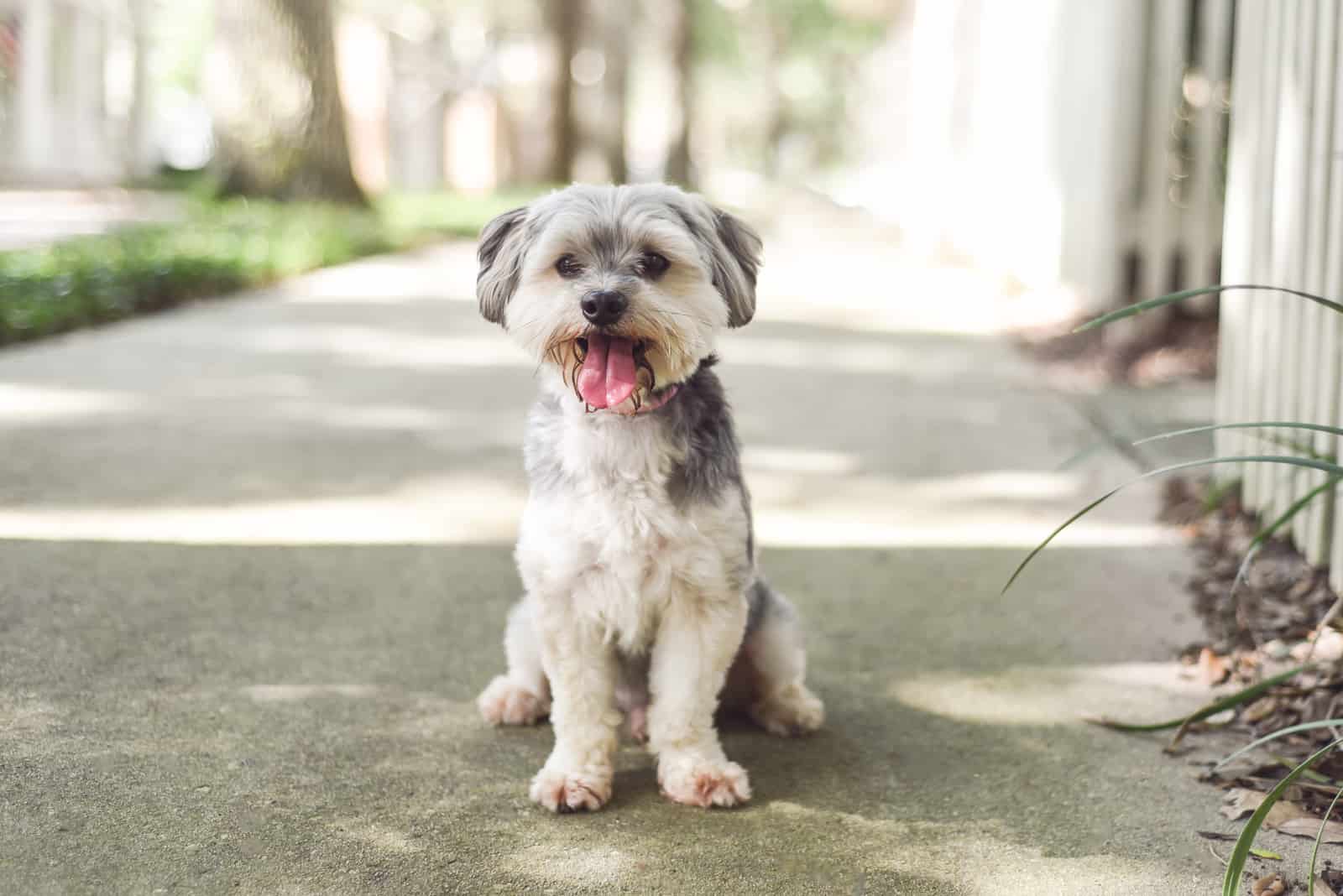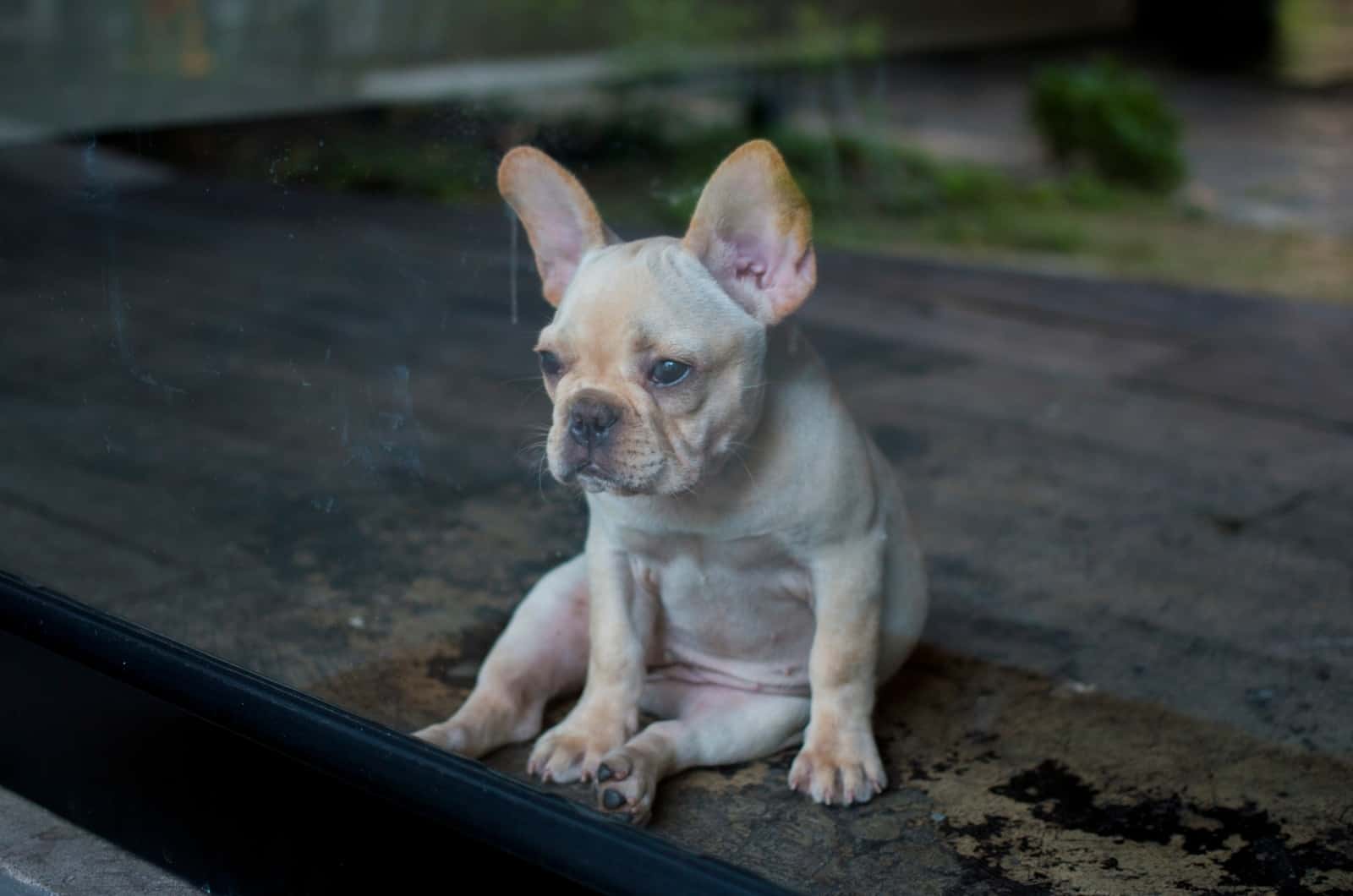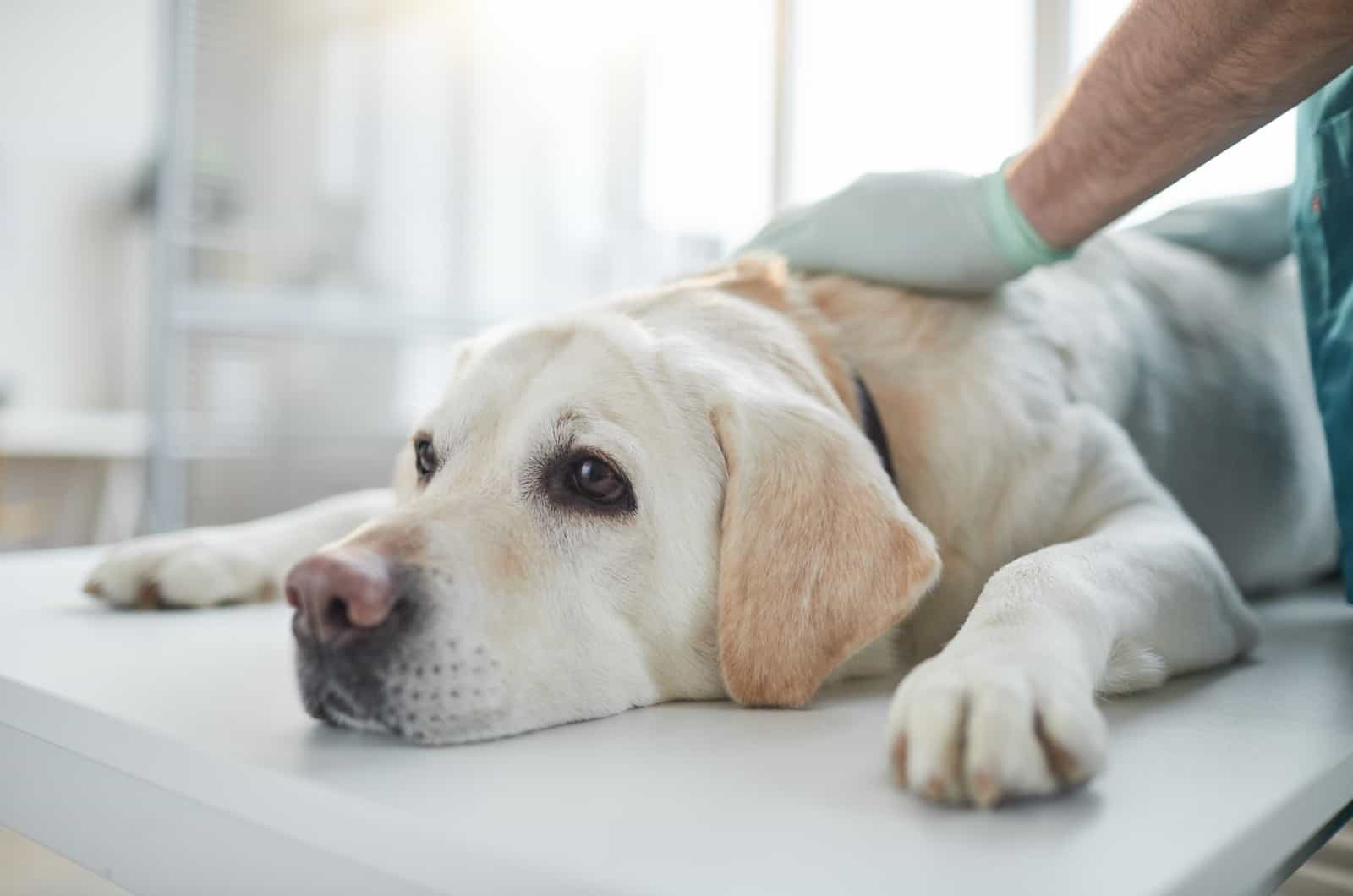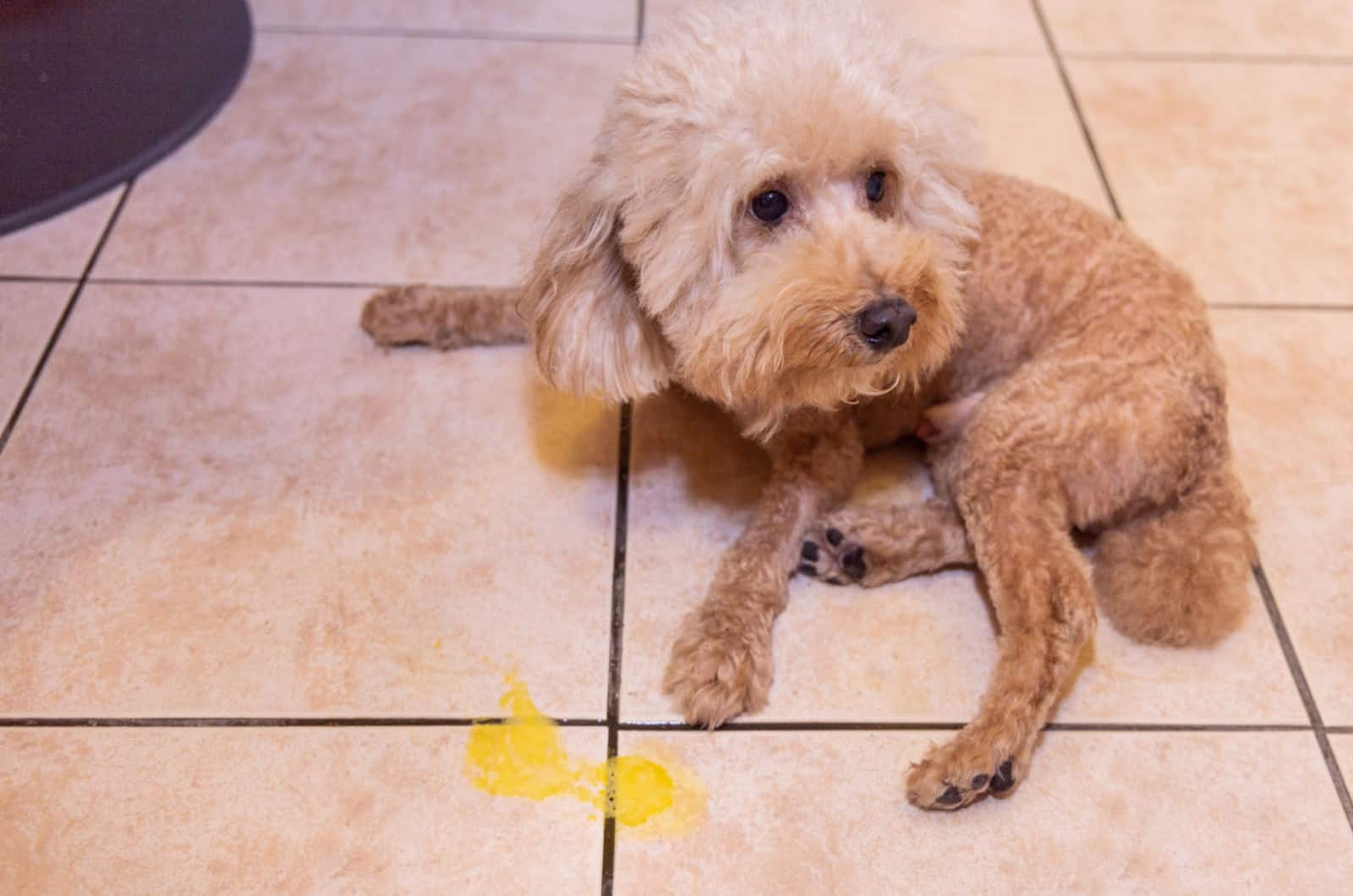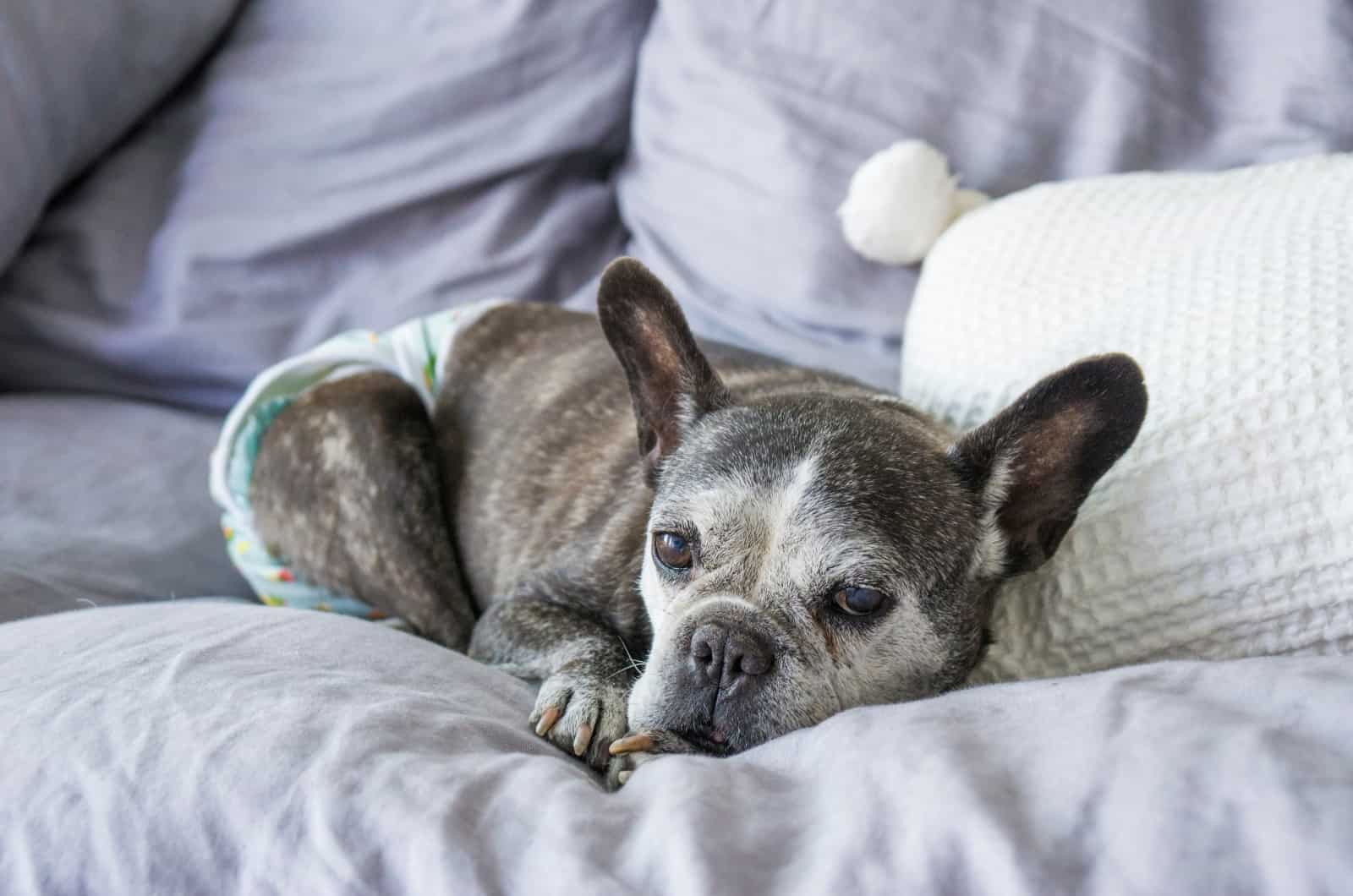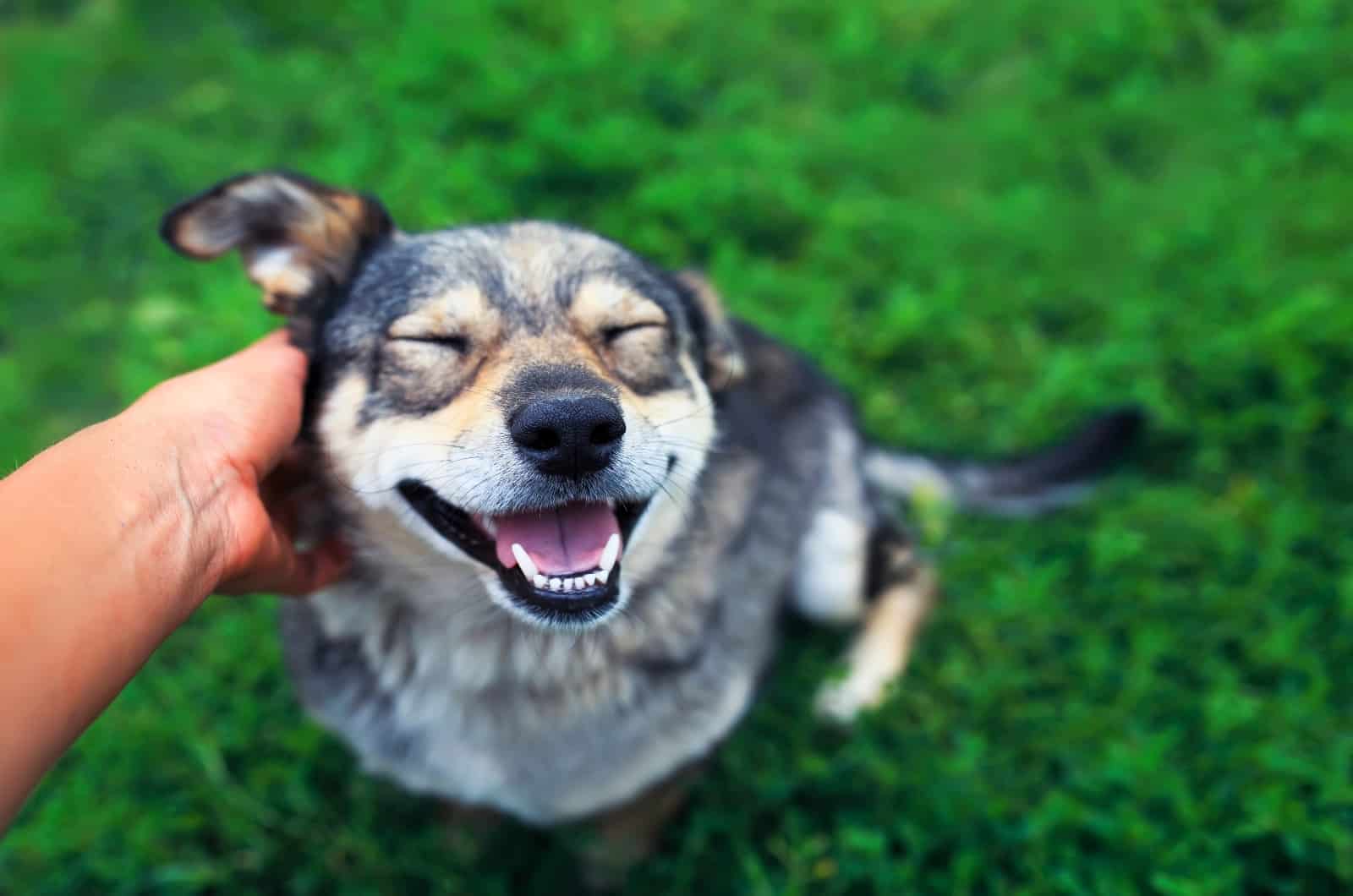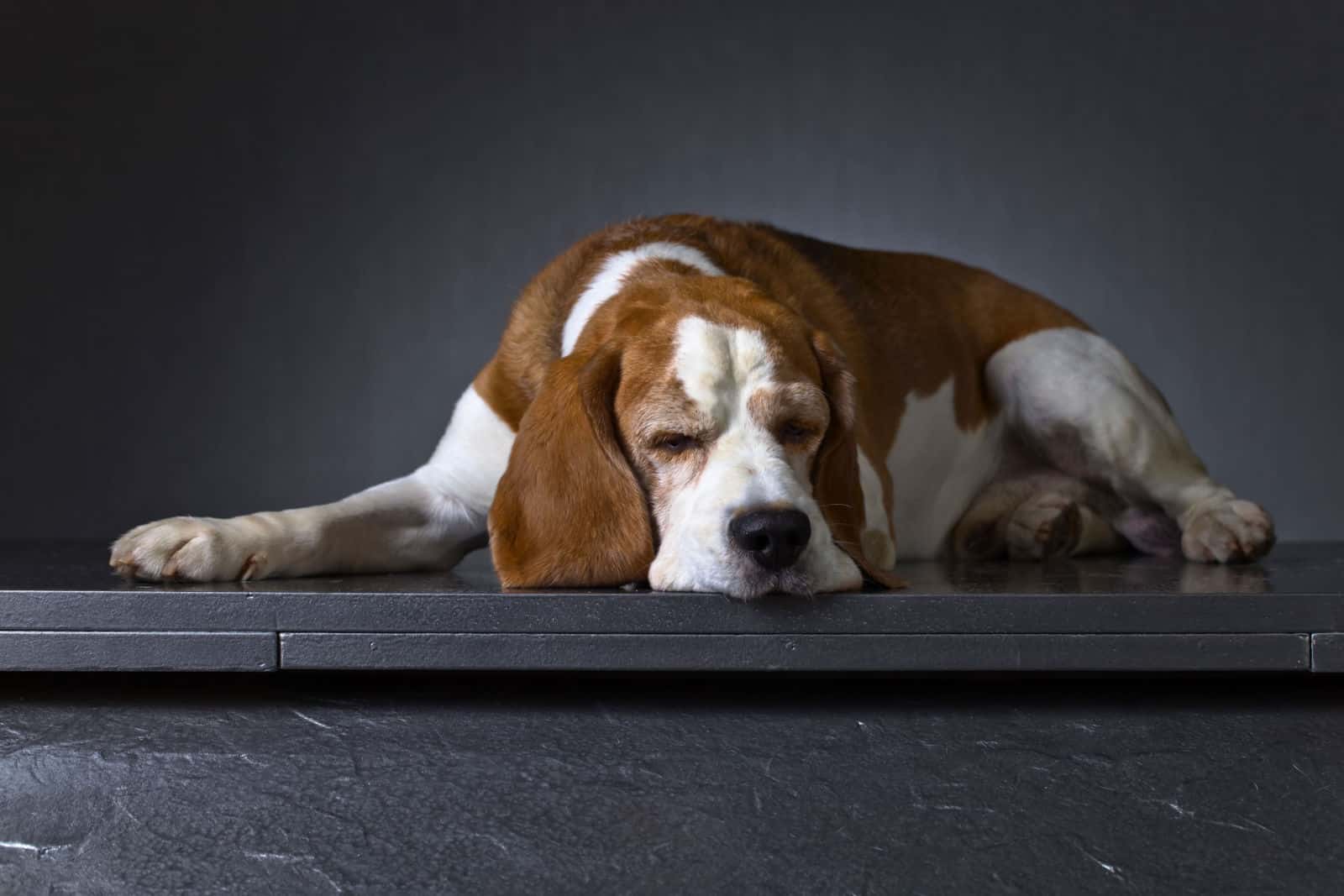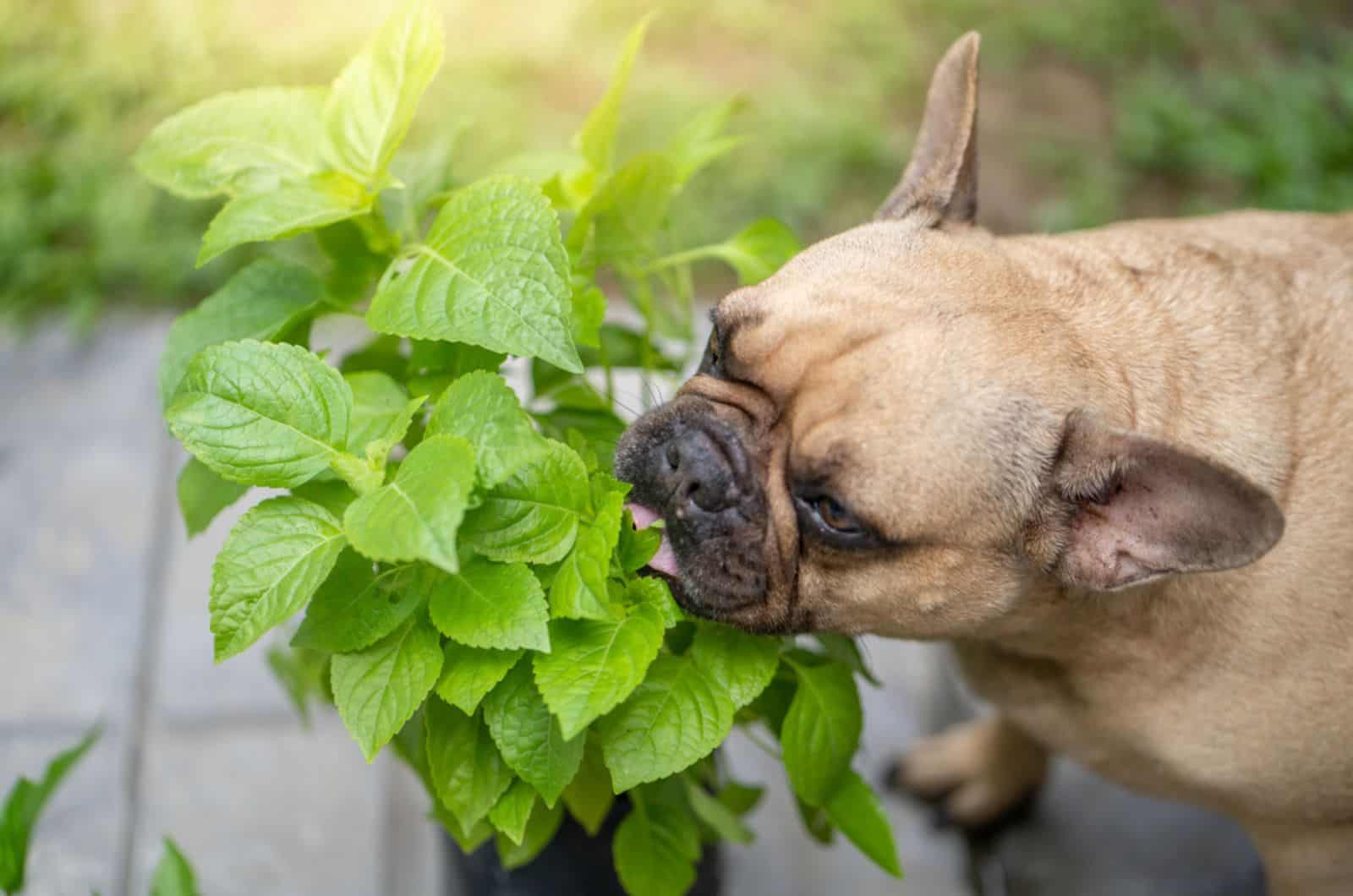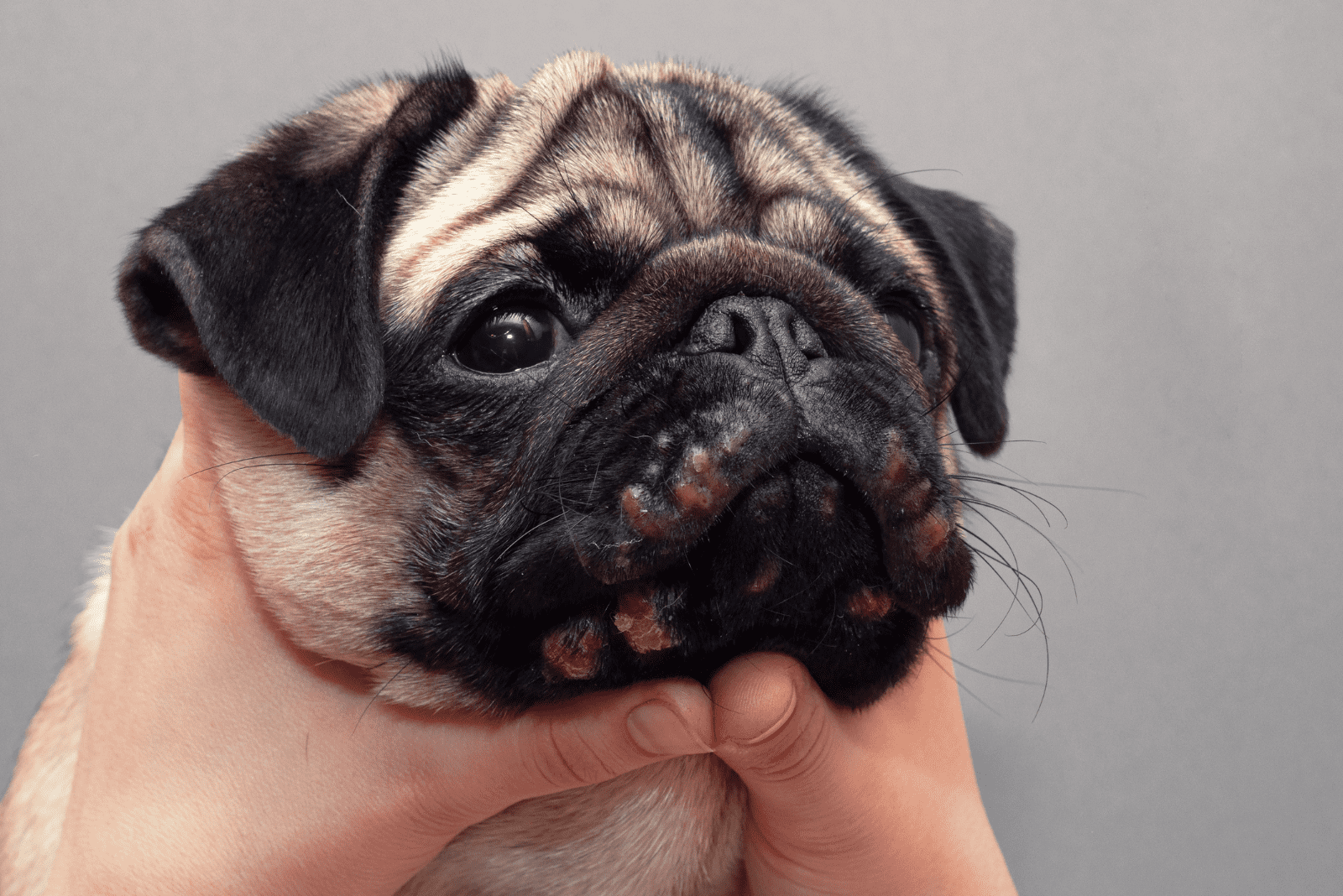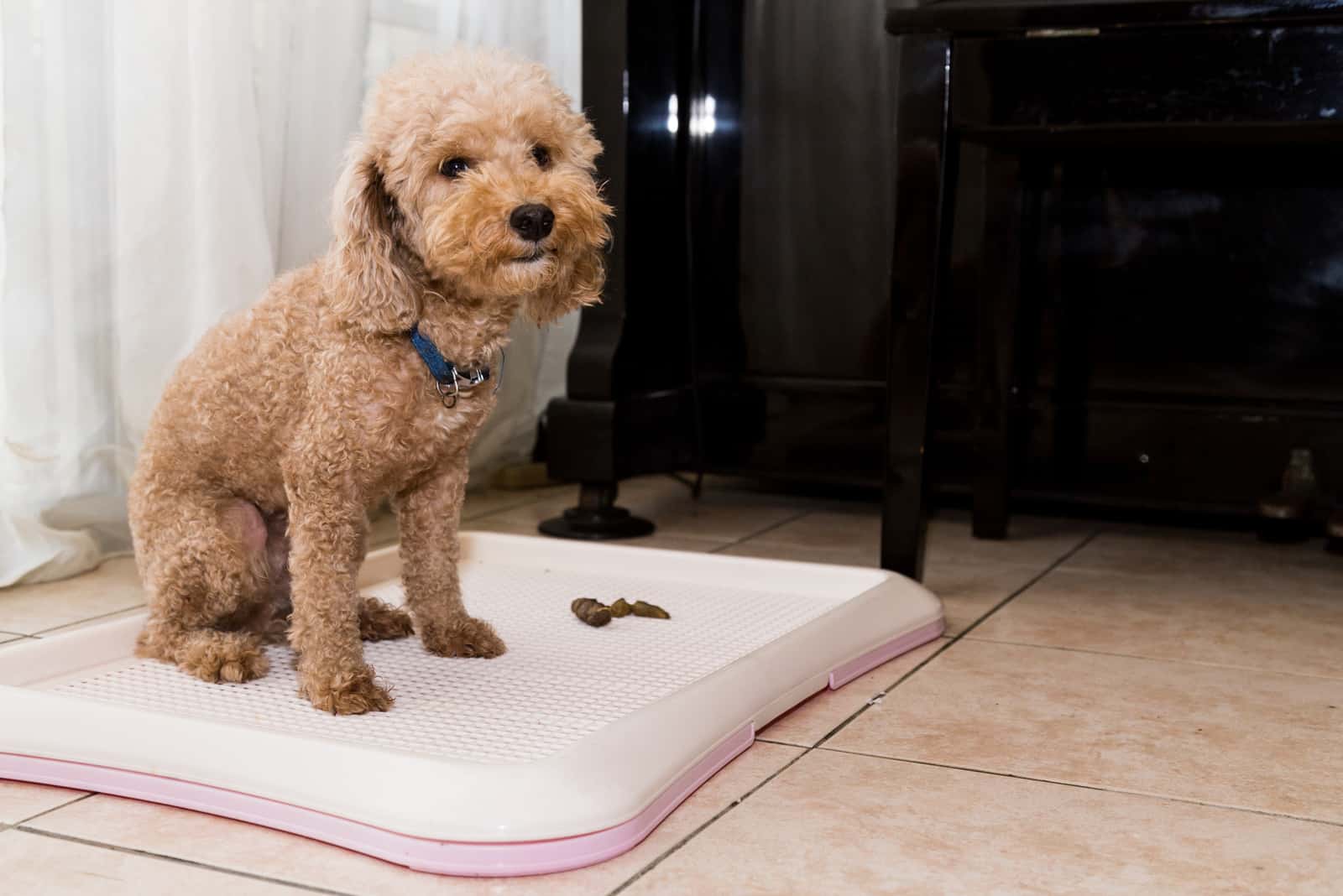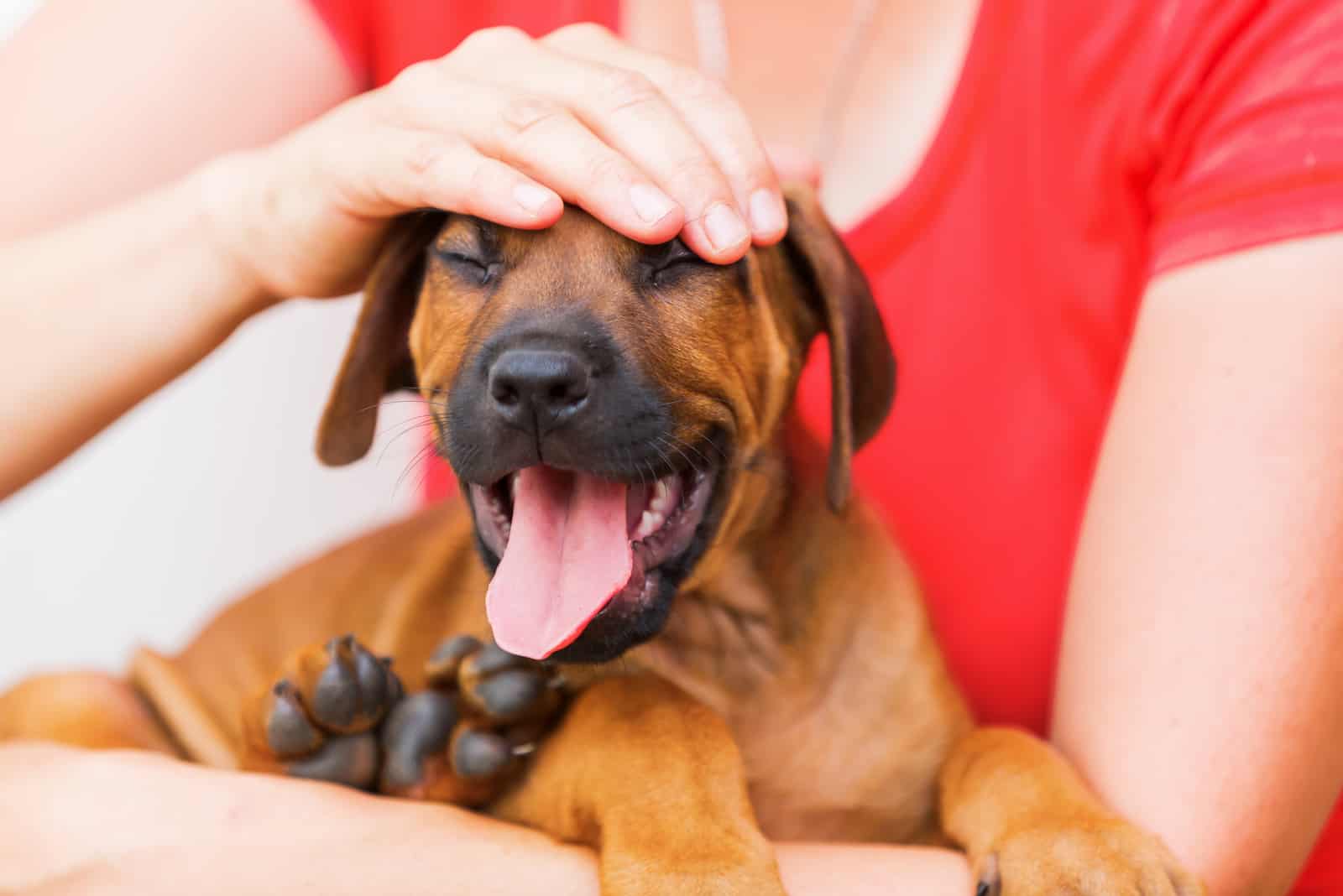Frenchies are one of the dogs that can have a lot of breathing problems. It’s all due to the anatomical structures that they were born with.
We are responsible for these issues because people decided to alter the breeding programs in order to make their face flatter.
That led to numerous problems in this dog breed.
But, when do you do surgery?
This is not an easy decision because any surgery, no matter how routine it is, can lead to problems during and after the procedure.
So, when is the right time to do it?
It’s time to check our Frenchies and see how big their breathing problem is.
French Bulldog Nose Surgery
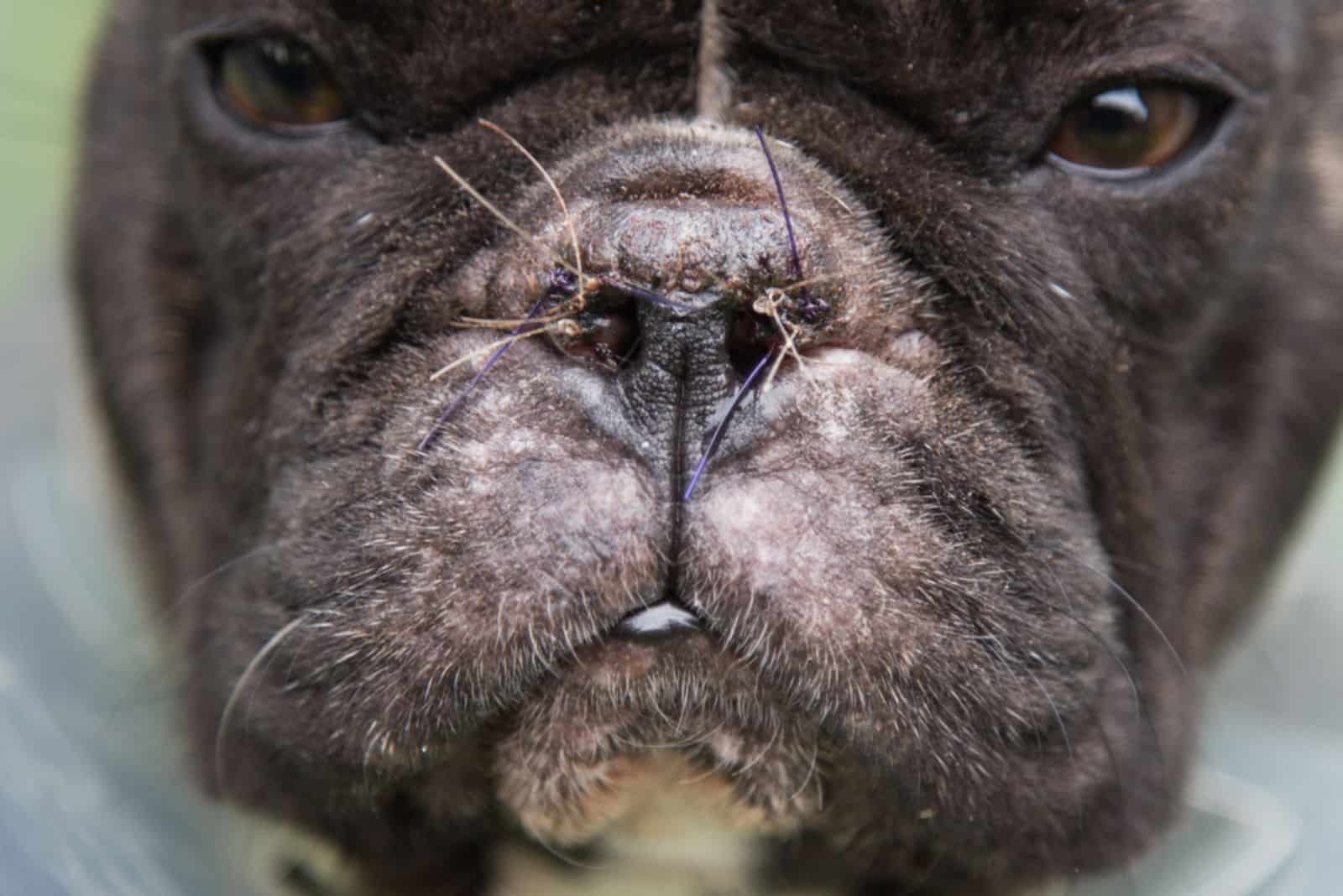
Frenchies are brachycephalic dogs. This means they have congenital anatomical structural issues that lead to various health problems. These dogs suffer from BOAS – Brachycephalic Obstructive Airway Syndrome.
The most serious health situation is when they cannot properly breathe through their nose or through their mouth.
That is a disastrous situation that needs to be solved as soon as possible.
However, not every brachycephalic dog will have the same severity of BOAS. Some will have symptoms that have less impact on the dog’s quality of life.
These are all BOAS symptoms a dog can have:
- Your Frenchie can snort a lot
- Your Frenchie can snore
- He can have a nasal discharge
- Hard time breathing during activity
- Getting tired quickly
- Poor tolerance to heat
- Needs a lot of time to regain strength
- Sleep apnea
- Collapsing during exercise
- Vomiting or gagging without throwing up
If your Frenchie only snores at night, and doesn’t have any other issues, then surgery is not necessary.
However, if your dog has very narrow nostril openings which are preventing your Frenchie from breathing through them – it is time.
Stenotic Nares Surgical Operation
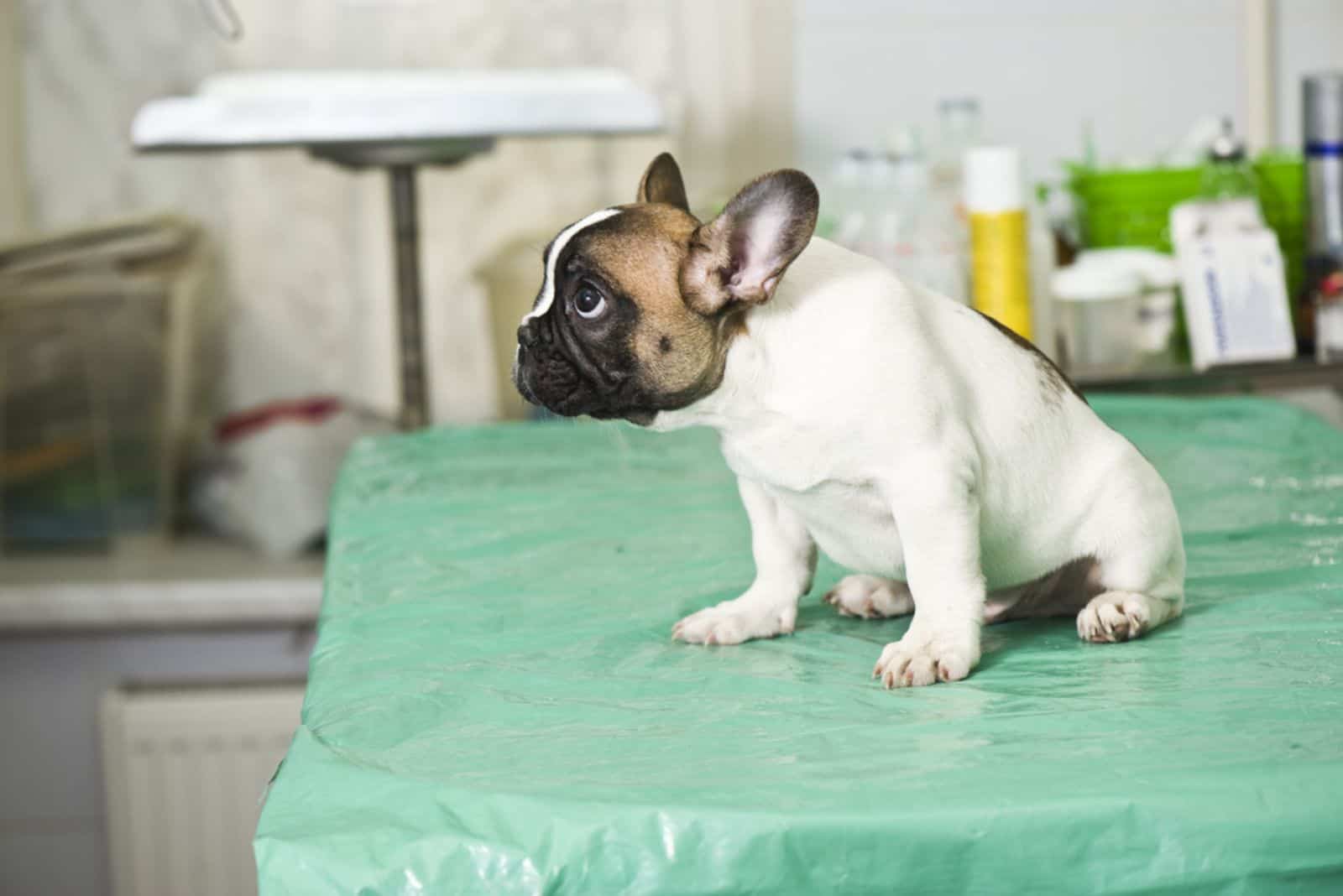
The narrow nostrils (nares) are called stenotic nares.
Here is a picture of normal-looking nostrils in a French Bulldog: normal nares
This is what stenotic nares look like: stenotic nares
If you notice your Frenchie has nostrils as closed as the one you just saw, then it is also certain that he has breathing problems. All of this tells you that your French Bulldog needs nose surgery.
Of course, it has to be done by a licensed veterinarian and after a physical exam of your dog. The final goal is to widen the nostrils so that your dog can breathe properly through the nose again.
The process involves cutting the excessive nose tissue around the opening of both nostrils. Depending on the severity or how much the nostrils are narrowed, a veterinarian will cut more or less nose tissue.
This is all done under general anesthesia. It can be done via laser or traditionally, using a scalpel. The whole surgical procedure usually takes up to 60 minutes.
However, this depends on the severity of the case, and on the experience of the veterinarian performing the operation. It is also faster when a laser is being used.
Postoperative Recovery
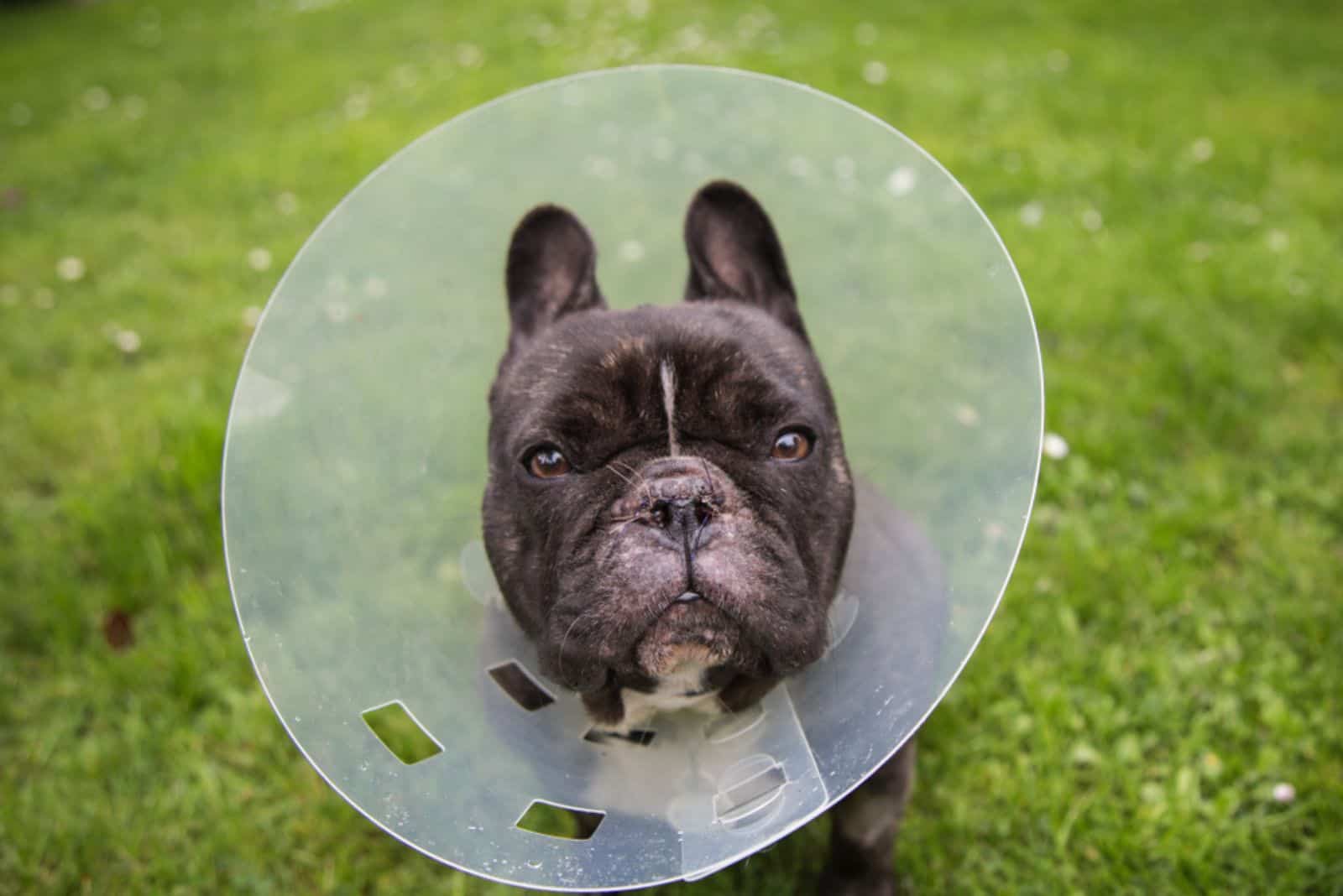
The procedure is routine, and even though it is invasive (the tissue is being cut off), it is not life-threatening. You shouldn’t worry about the surgery itself, but you should pay attention to your French Bulldog after the operation.
The first 24 to 48 hours after the surgery are the most important to keep an eye on your dog. As your dog slowly regains strength after the anesthetics wear off, you have to be ready for some post-op situations, such as:
- Throwing up
- Confusion
- Lethargy
- Wobbly walk
All of these issues happen because of the anesthetics used during the procedure, and they are normal, especially in the first 12 hours after the surgery. However, if these symptoms continue even after 12 hours, call your vet to check if you should bring your Frenchie back.
Also, pay attention to:
- Coughing
- Your dog whining in pain
- Your dog is restless
- Loud airway noise
On the other hand, it is normal to notice these symptoms during the first 24 to 48 hours:
- Your dog is sneezing often
- Bloody discharge from the nose
- Clear discharge from the nose
Pay attention that there is a difference between a discharge and actual blood coming from your dog’s nose. Of course, the second one is not normal, and you should contact your veterinarian if you notice it.
What Is The Best Frenchie Age For Nose Surgery?
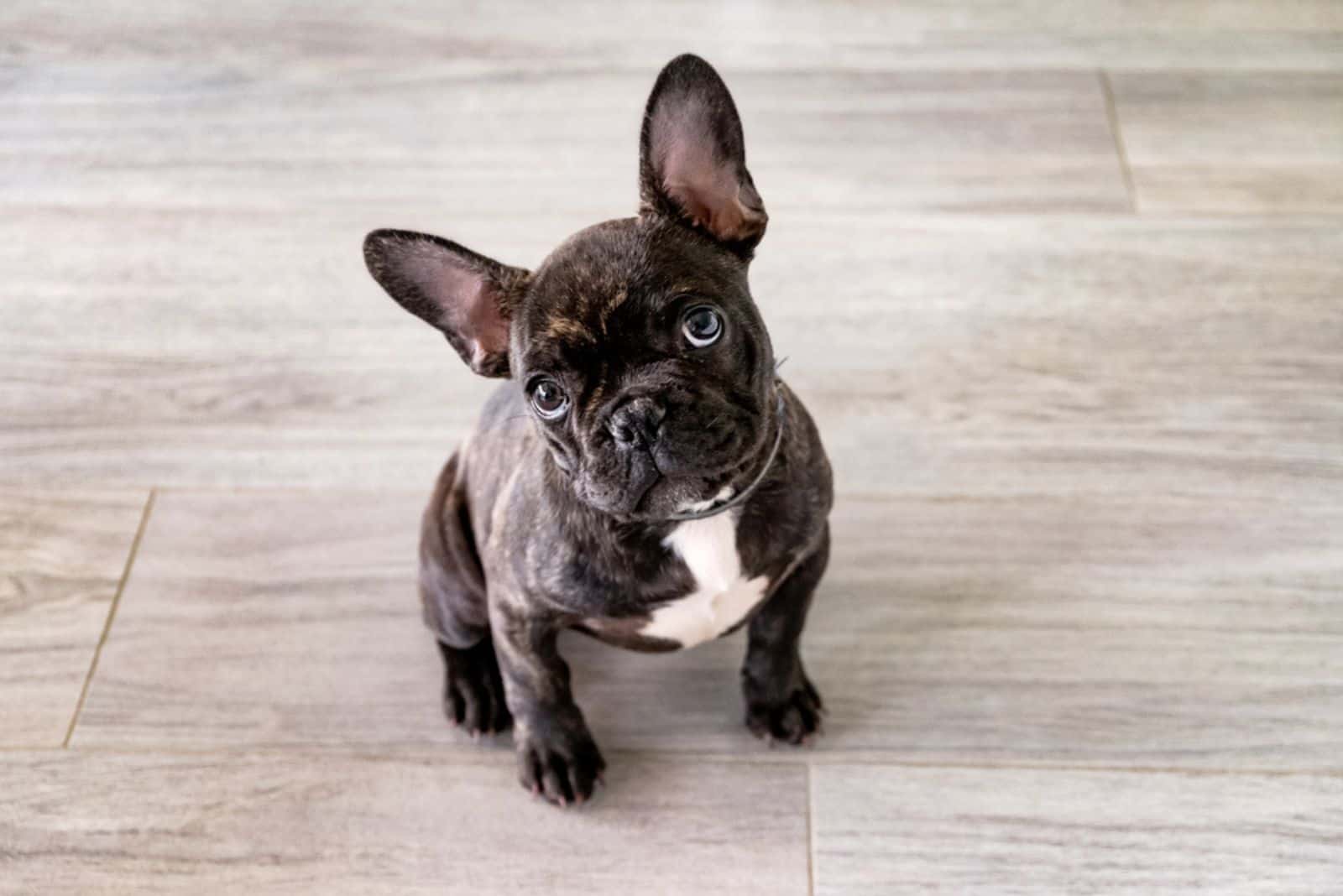
The best age for this procedure should be as soon as possible. Most people wait for the French puppy to be at least 6 months old.
Some veterinarians recommend waiting for a dog to be one year old before putting him under this procedure.
When viewed objectively, the sooner we do the procedure, the quicker the recovery is. We can also prevent many BOAS symptoms from developing. Of course, we are not going to do the nose surgery on a newborn Frenchie.
But, if you notice your puppy cannot breathe properly ever since he was just a small pup, waiting for a year can have too many consequences on your dog’s health.
Keep in mind that not only purebred, but French Bulldog mixes can also have these issues.
Stenotic nares are easy to notice.
They also come with a lot of loud, strained breathing noises, and a Frenchie with this issue will definitely be the first one to stop playing because it cannot catch its breath.
Final Thought
When it comes to our dog’s health, no matter if it’s a small or a big dog, purebred or mixed, we want to do what’s best for them and keep them healthy and happy for the rest of their furry life.
It seems like every French Bulldog has some kind of breathing problem.
Unfortunately, this is the case with new breeding programs. But, some time ago, this was not an issue.
Take a look at this article – the blog post of BBC, “Pedigree Dogs Exposed”, and see for yourself. For some reason, some dog breeders decided that flat-faced Frenchies are much cuter than normal-faced ones.
We all just agreed and continued to buy such dogs.
But, if we work together and do not turn our back on these problems, we can help our lovely Frenchies have a normal life again without nose surgeries, breathing issues, and other health problems.

